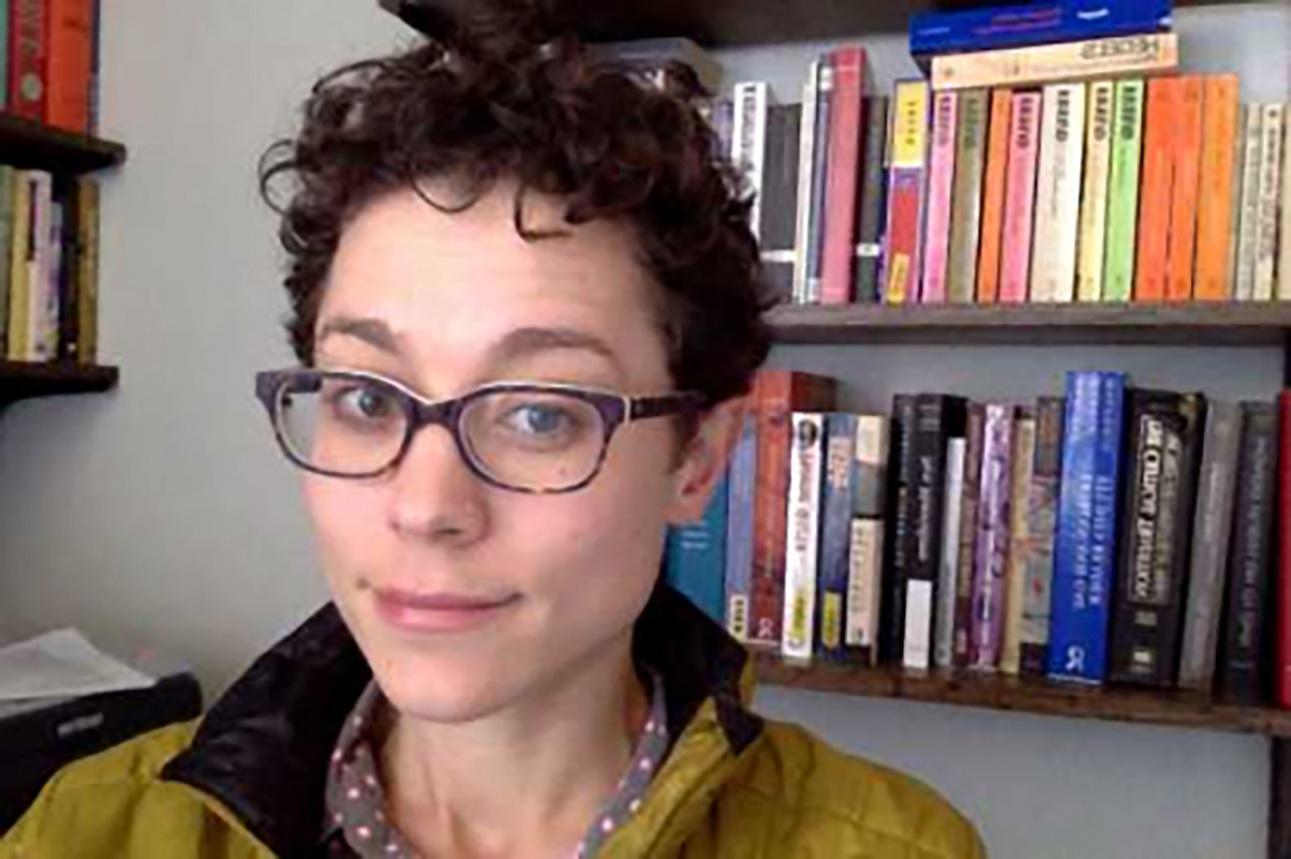
Instead of scaling the walls of the academy to demonstrate, proclaim, or plead (as the case may be) for the relevance of the humanities, these faculty find plenty of impactful work within the community college.
“Teaching at the community college is itself an act of social justice.” Veronica Barrera-Kolb, a faculty member at Seattle Central College, made this claim during the fall 2017 convening of the Mellon Fellows for Reaching New Publics program, and I’ve been considering it ever since.
The fellowship program is part of the Simpson Center initiative Reimagining the Humanities PhD and Reaching New Publics, funded by the Andrew W. Mellon Foundation. One of the program’s three key components is a partnership with the three community colleges in the Seattle district. Six doctoral students are paired with six community college faculty mentors, and throughout the year they learn what it’s like to work at a community college. Look out for fellows’ posts about their experiences in the upcoming weeks and months.
Barrera-Kolb joined Tish Lopez, and Cristóbal Borges—all former faculty mentors in the program—as panelists at our fall workshop. As Assistant Program Director, I asked them to speak about social justice work and publicly-engaged teaching in community colleges. I imagined they might talk about supporting student activism in the face of Trumpism, or moving beyond the physical classroom to incorporate community engagement into their curriculum. And yes, these faculty have a strong track record of such work. But what they discussed was the classroom and the campus itself—not the great beyond of the “wider public” that is so often fetishized (within the public humanities, anyway). Instead of scaling the walls of the academy to demonstrate, proclaim, or plead (as the case may be) for the relevance of the humanities, these faculty find plenty of impactful work within the community college. What’s more, their words lacked that note of doubt that so often sounds beneath paeans to the public humanities: “Is my work really relevant in itself? Maybe if I learn to code?”
Such questions did not seem to haunt Cristóbal’s discussion of a class that situated the current political climate within a longer history of immigration exclusion. They were absent from Tish’s description of the important role an entry-level composition class plays in equipping students with the basic rhetorical awareness they’ll need for the social genre of the college classroom. These faculty reminded us that the classroom itself is a public. It holds the potential to become a powerful counter-public, particularly in the community college, given the racial and economic diversity and relative accessibility of these institutions.
When I began this position last summer, I tended to think about the Reaching New Publics program primarily in terms of professional development. The program does indeed prepare graduate students to pursue careers in teaching-intensive institutions. However, more and more, I see our partnership with Seattle community colleges as advancing not only the “reimagining” of PhD training but also the importance of the humanities in public life. What does it mean that these two objectives are tied together?
It’s easy to see how public engagement experience might increase one’s marketability for jobs outside of academia following graduation. Making a living after graduate school is no trifling concern, but I think it’s important to think about public-facing scholarship and teaching as goods in themselves. Fostering opportunities for public engagement is one way we can revise doctoral training to ensure the sustainable and meaningful employment of humanities PhDs. However, the potential public impact of graduate-level training in the humanities may also be the most compelling rationale for earning a doctorate in the first place. And as the Mellon fellows are finding, some of the most effective work is happening in our most under-acknowledged institutions.